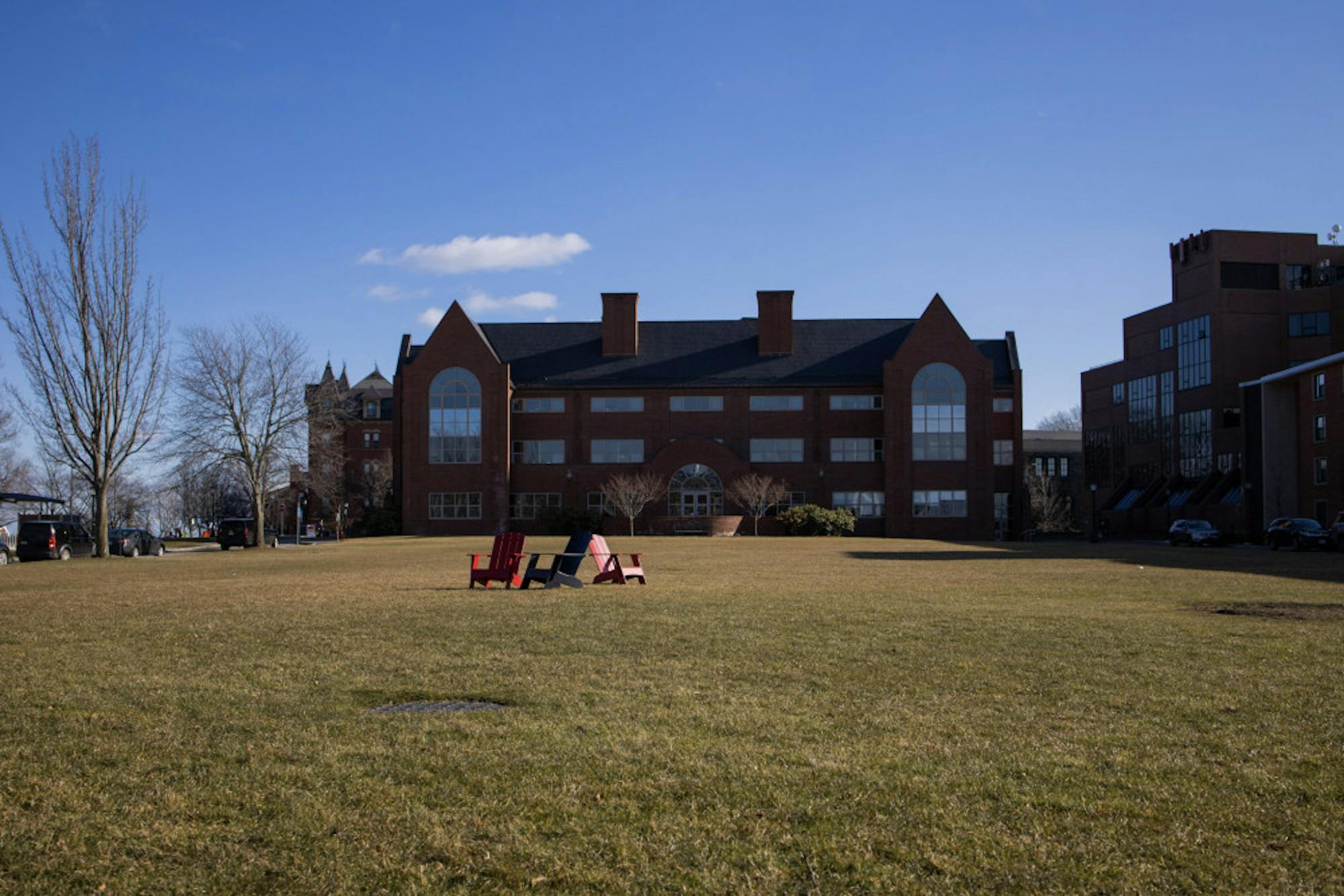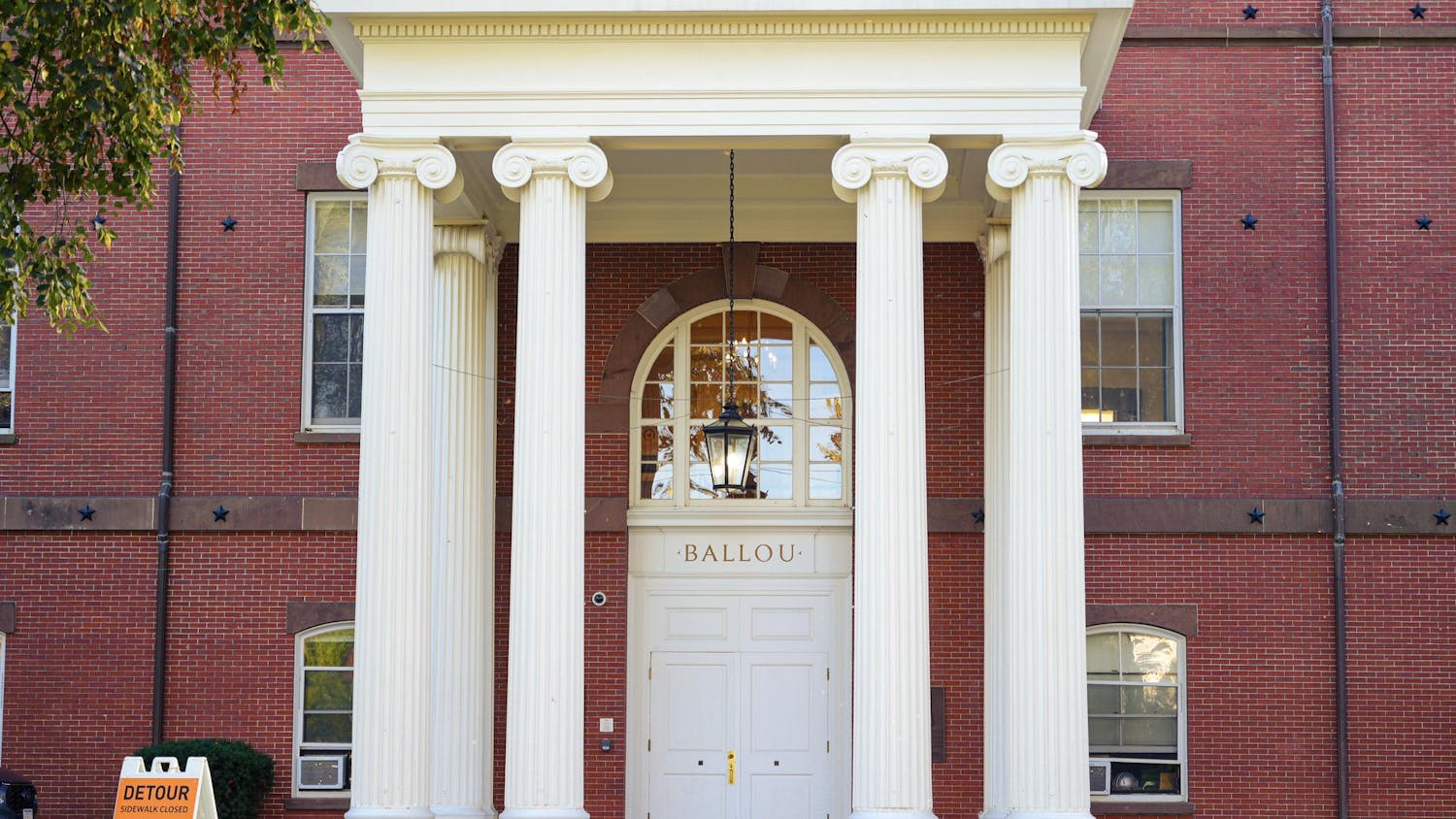Tufts will offer a new course, officially titled “Conversational Italian,” starting next spring.
Unlike Italian 1, the class will focus on listening and speaking skills in practical, day-to-day situations as well as learning social and cultural norms.
The program is designed to prepare students who plan to participate in the Data and Computer Sciences and Italian in Pavia summer study abroad program, according to Carmen Merolla, a senior lecturer in Romance studies and coordinator of Tufts’ Italian language program.
The five-week program was first offered last summer where students traveled to Pavia, Italy and took two courses, one on Italian language and one on either data or computer sciences.
Merolla notes that a majority of students participating in the program were from the School of Engineering. After returning from Pavia, some students took part in a focus group in which they were asked what worked and what were some potential areas for improvement.
“Many students said, ‘We wish we had taken Italian before we went because we felt like we would have been so much more prepared for the culture shock,’” Merolla said.
Student feedback was the primary motivation for offering Italian 10, according to Merolla. Italian 10 is specifically intended to prepare students for travel to Italy and interactions with Italian culture and people.
“The idea is to prepare students for either their summer in Italy or for their study abroad in Italy, and to be ready for conversations in Italian — not just for reading, writing, but especially for speaking in Italian,” Merolla said.
Students will learn key skills in Italian 10, including how to greet and introduce themselves to people, order from a menu and ask for directions. They will also learn practical skills such as reading train schedules and understanding Italian shoe sizes.
Professor Rose Facchini, a lecturer in the Department of Romance Studies, will be teaching the course this spring.
“[Italian 10 will be] a really great supplement, working in tandem with the language courses that we have already,” Facchini told the Daily.
Students not only will learn functional speaking and listening skills but also will learn about unspoken rules of cultural communication.
“We think it's really important to help prepare students for their experience in Italy, not just with functions, [like] how to order a gelato, … but also learning how gestures might be important … or rules of engagement that can be easily misinterpreted that we’re not necessarily used to as Americans,” Facchini said.
Facchini noted that this course will aim to use more varied and timely materials in the classroom to produce more engaging lessons.
“We're trying to use a lot more technology [to] have more engaging lessons, more meaningful, authentic, timely materials as well, that the students engage with … instead of using something from 30 years ago,” Facchini said. “[Students will be] looking at Italian Instagram, for example, or influencers who are really important right now on YouTube.”
The course curriculum will also include readings in English about “hot topics of Italian contemporary society,” such as issues of citizenship, according to Facchini.
Merolla elaborated on ways the course hopes to focus on contemporary Italian culture.
“We want [students] to learn about the concept of family and how it’s changed over the past 20 years, and so through that, we will also cover the LGBTQ community in Italy… [and] social rights in general,” Merolla said. “Another thing we want them to learn about is … how climate change is actually changing farming and food production in Italy.”
The class counts towards the humanities requirement for the School of Engineering, but it is open to all students. The scheduling was done with SMFA students in mind as offering the course later in the afternoon will give students a chance to get to the Medford/Somerville campus.
Sophia Nuñez is a third-year in the combined degree program at the SMFA who started her study of Italian at Tufts. Nuñez helped Merolla figure out what times for the course would work best for SMFA students.
Nuñez notes that many of the lower level Italian classes conflict with SMFA studio classes, which start in the early morning and run for several hours.
“[Merolla] wanted to specifically choose a time in the afternoon where people could be back from the SMFA if they want to take this class,” Nuñez said.
Nuñez went to Italy last summer through a program that Merolla connected her with. Although she says she feels her four semesters of studying the language prior to going abroad prepared her well for the experience, Nuñez thinks Italian 10 could be a great fit for many students.
“I think if someone is planning on going [to Italy] who hasn’t studied Italian at all or has maybe just [studied] elementary [Italien], I think it would be incredibly helpful,” Nuñez said.






